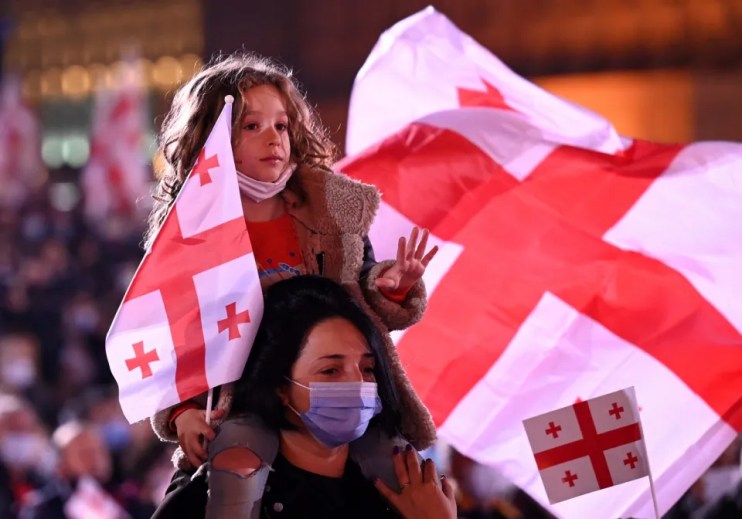US accuses Georgia government of running scam call centres

The Georgian government has been accused of operating scam call centres that defraud UK investors of millions each year.
The Commission on Security and Cooperation in Europe – also known as “the Helsinki Commission” – called on the US State Department to launch an immediate crackdown on the Georgian Dream party.
A statement released by the Helsinki Commission on X (formerly Twitter) said: “Georgian Dream relies on dark money from a network of scam call centres around the world to fund its operations and harass its opposition.
“The State Department should crack down on these call centres that sponsor Georgian Dream’s antidemocratic campaign against the Georgian people.”
The Helsinki Commission, whose role is to inform senators on issues of European security, has also urged the Biden administration to impose sanctions on Bidzina Ivanishvili, former Prime Minister and founder of the Georgian Dream party.

Hundreds of thousands joined protests in Tbilisi earlier this year after Georgian Dream – which has ruled since 2012 – passed laws that critics including Human Rights Watch say are intended to crack down on dissent and muzzle NGOs.
Tbilisi is known for its advanced digital economy and is seen as a key player in global financial fraud, especially those involving crypto investment.
Recent events have seen tensions rise between the US and Georgia, with US Secretary of State Antony Blinken earlier this month announcing the suspension of a $95m aid package, citing “anti-democratic” actions by the Georgian government.
US State Department Principal Deputy Spokesman Vedant Patel has described US-Georgia relations as being at a “uniquely challenging moment.”
Tensions are also high within Georgia, with anti-Russian sentiment high and people increasingly at odds with the government – something that boiled over into heated protests in May.
Georgia Capital, a UK-listed investment trust that owns around five per cent of Georgia’s economy, lost 30 per cent of its value in the aftermath of the protests but has started to recover, climbing 24 per cent since the start of June.
